There’s just something about having a drink outside.
It reminds me, I think, of going on holiday.
In my early 20s I scrimped all the money I could, squirrelling away tips from bar jobs and skipping nights out so that I could spend it all on plane tickets and tiny twin rooms with my friends.
Everywhere I went, from Dubrovnik to Budapest, Barcelona to Amsterdam, I was on a mission to Experience Everything.
It was all brilliant, I’m sure. But the bits I remember are the breaks.
Spotting some seats on some unnamed street, outside an unremarkable cafe, with no view to boast except that of people living their lives and no reason to visit other than to rest sunburnt legs.
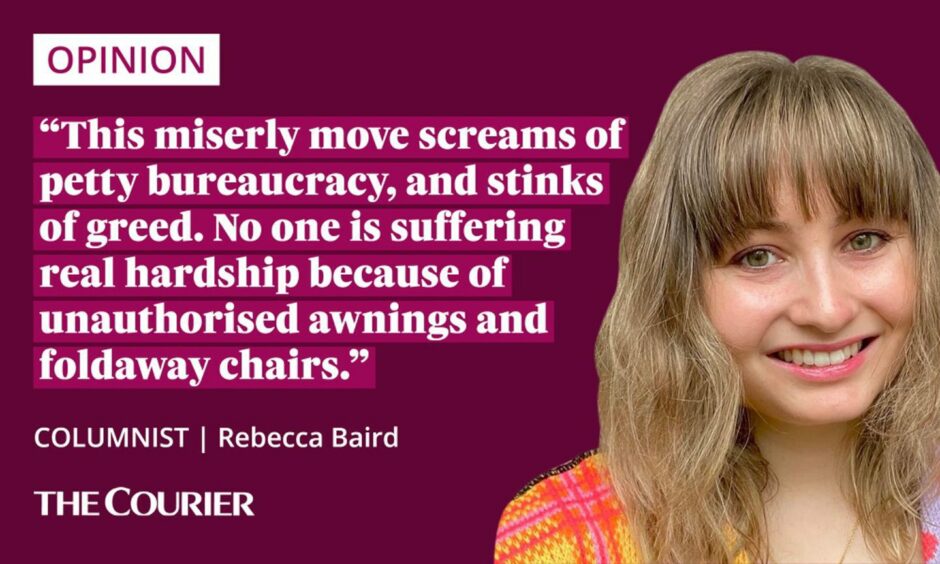
A “quick bite” – usually of something salty and drenched in olive oil – never remains quick at a pavement cafe.
It inevitably stretches into an afternoon, drinking whatever’s good – cherry-red sangria, homemade limoncello, Ouzo… I’m not picky.
Because there’s no better way to gauge the rhythm of a city than sitting right on its streets.
And no better way to pass an afternoon than soaking up the chatter of business meetings, first dates, and lunch breaks – even if you can’t understand the language.
All of this is to say: there’s something special about eating and drinking al fresco, and about pavement cafes in particular.
So to see them springing up all over Dundee during the pandemic was weirdly heartening.
Common sense guided Unprecedented Times
The city’s social-distancing-induced sprawl of makeshift outdoor areas arrived seemingly overnight – a cobbled-together adaption, a necessary flotation device for business and communities set adrift by Unprecedented Times.
But the seating quickly got popular, and stylish.
Sunny orange Aperol umbrellas bloomed over the formerly drab West Port car park.
A fully pedestrianised Union Street was lined with flower-filled planters and cheerful street art, and Reform Street rivalled Greek Street for lively nightlife along its pavements.
Even the food truck scene got involved, with Waterfront fixtures Heathers Street Food setting up a picturesque outdoor seating area with views over the Tay.
It was all ace. And it worked – without too much regulation, beyond common sense.
So well, in fact, that even when our benevolent overlords said we could all sit in the pub together again because the nasty virus was #cancelled, we all kept sitting out.
People have put a lot of effort (and money) into making Dundee an al fresco city, with charm and style enough to rival Europe’s best – despite being a bit chillier.
And now I’ve spent two summers and much of my once-saved wages here at home, happily, because of it.
Permits wrangle shows council priorities
But this week, after two successful years of makeshift shelters and fairylights and folk actually having a rare old time, owners of some city pavement cafes are being told, in the manner of a crap Greenday cover, to pack it up when September ends.
The council, which granted temporary permission for outdoor seating areas during the pandemic, is making businesses re-apply for permission to keep them.
But the new rules are stricter, and some popular spots, like Broughty Ferry’s Ship Inn, have already been told their roofed outdoor areas have got to to go – this week, no less.
The council’s reasons are that they’re worried about the visual impact of such homemade structures, and wary of taking up too much public space.
Oh, please.
This miserly move screams of petty bureaucracy, and stinks of greed. No one is suffering real hardship because of unauthorised awnings and foldaway chairs.
Maybe Dundee City Council should worry less about al fresco pub shelters, and more about the “visual impact” of contradictory speed limit signs threatening an accident on the Kingsway – which haven’t been removed because they’re “too sticky”.
Perhaps they’d be better prioritising the “public space” that will no doubt be taken up by piles of snow this winter when our under-prepared infrastructure is once again crippled by completely predictable precipitation.
If accessibility is a worry, then the noble council should certainly clear the public paths for those with mobility differences.
While at it, fixing potholes and making sure all kerbs are dropped to allow easy passage for wheelchair users should be on the agenda.
And possibly, whoever is in charge of being a citywide killjoy could use some of their ample annual leave, and take a holiday.
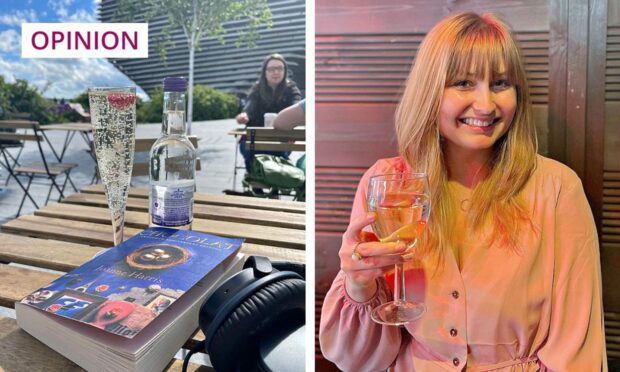


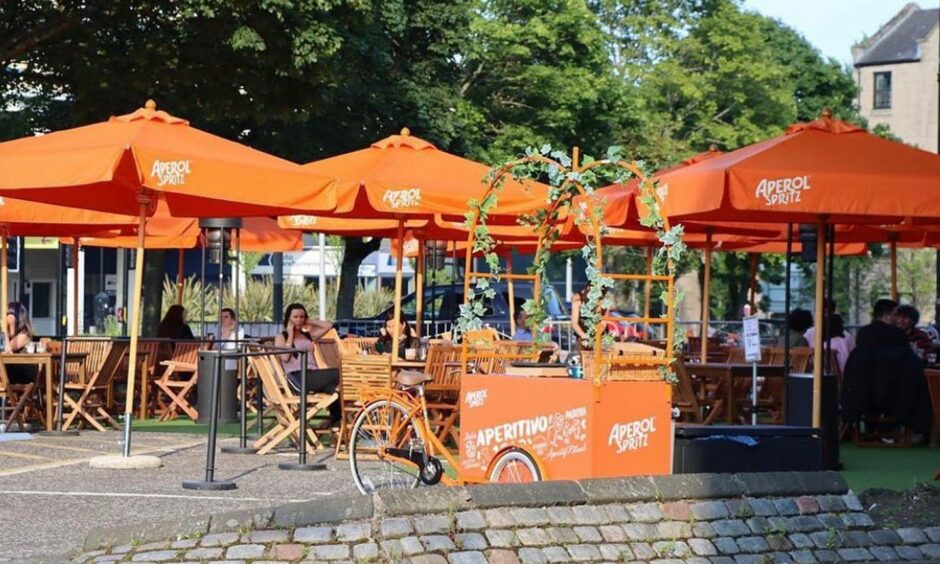
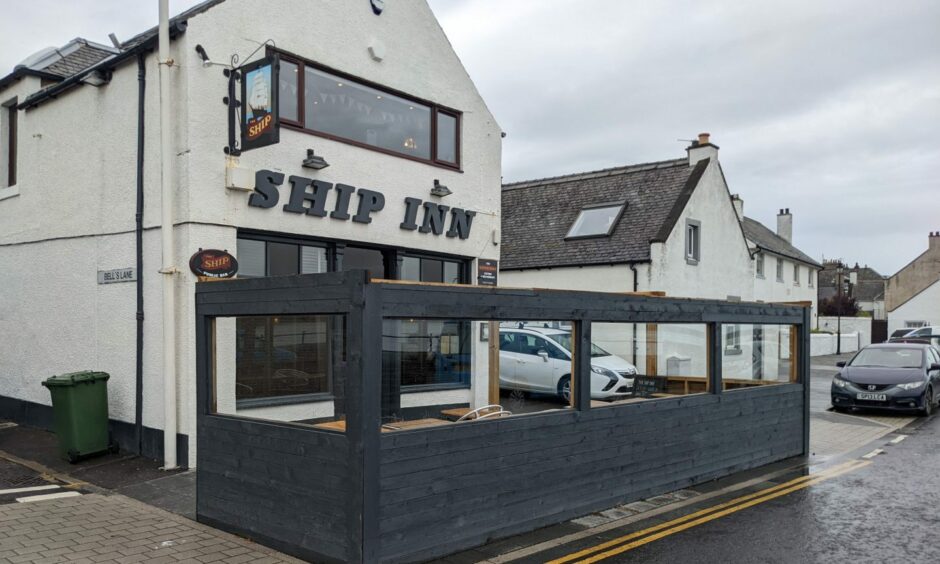
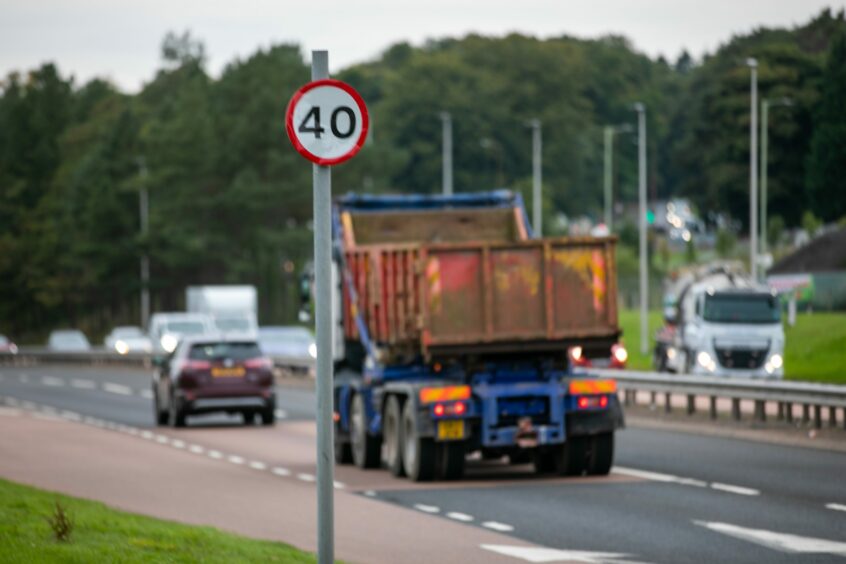










Conversation